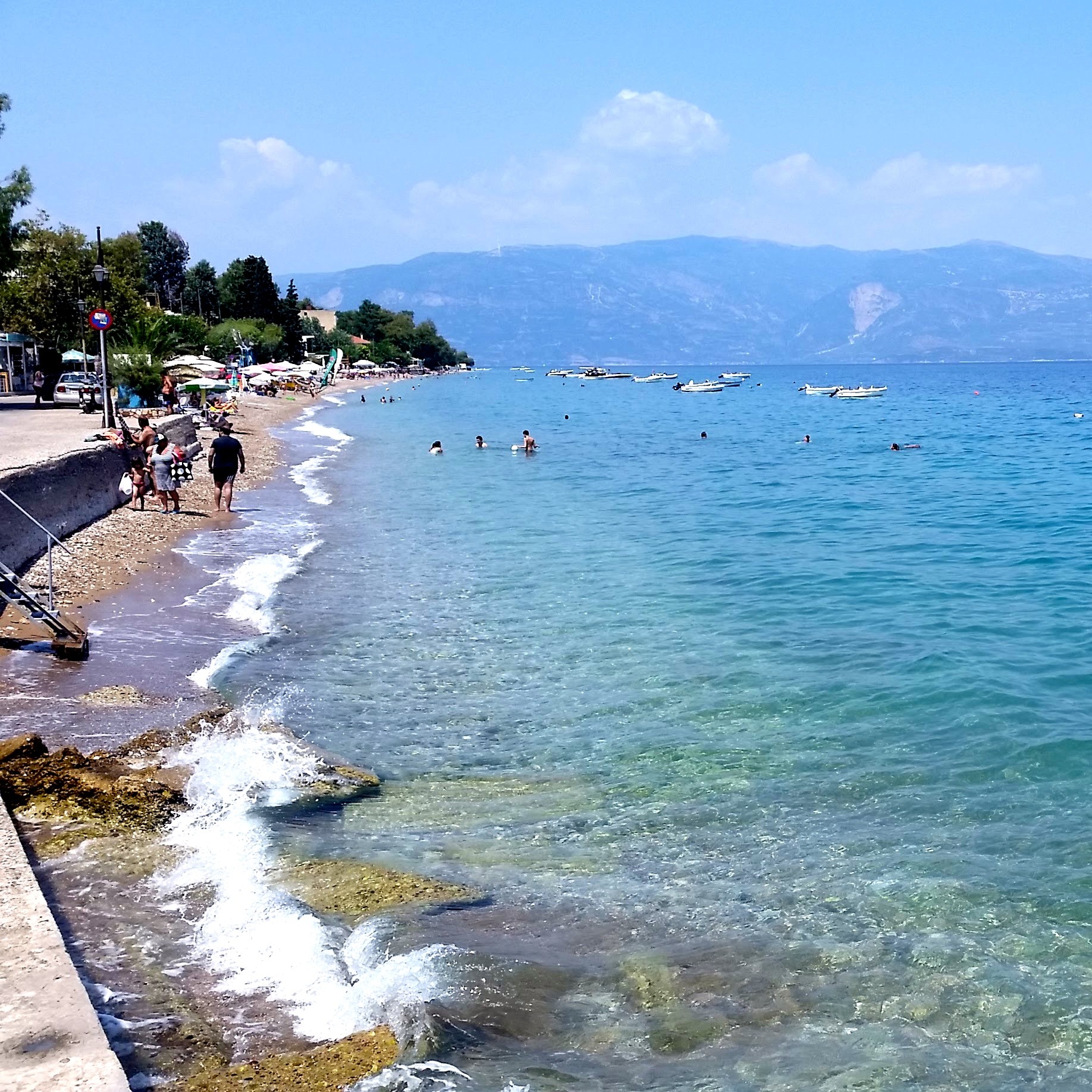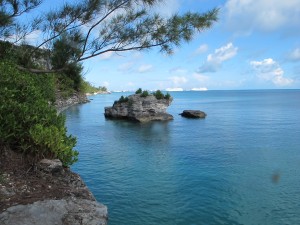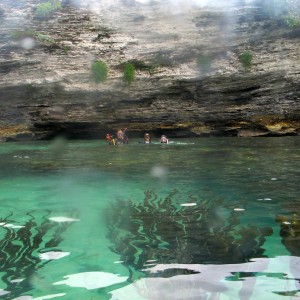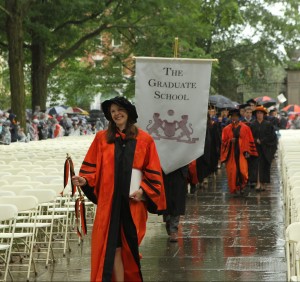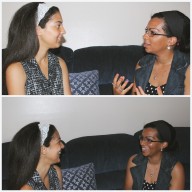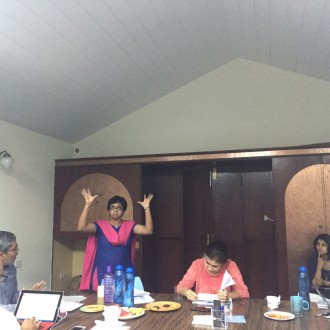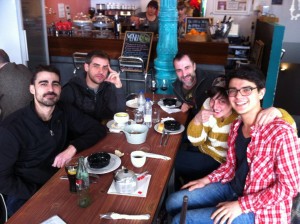
Creativity is something I’ve struggled with my entire life. Being the son of two architects, I was always expected to develop some sort of creative talent – even at a young age. Sadly, this talent never manifested itself, especially not in building design (I figured that out when my 2nd grade classmates labeled my gingerbread house as the ‘ugliest’ at a holiday party).
I learned very early in my life that I was more of an analytical and methodological person. While I wasn’t creative, I could follow a set of clear-cut instructions. I liked classes like math where everything had definitive answers. I enjoyed playing sports like tennis where mastery of a specific set of techniques defines what it means to be a good player. But when given the freedom to be creative, I used to panic. The music I composed for my piano class sounded awful. My dancing skills were subpar let alone my ability to choreograph. And I couldn’t write creatively no matter how hard I tried.
Then one day in high school, my entire perspective changed. Continue reading A Problem Set I’ll Never Forget: My Journey to Creative Thinking



